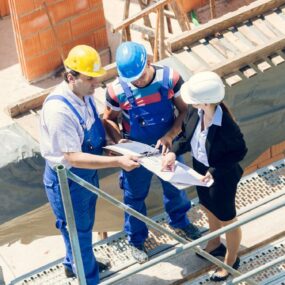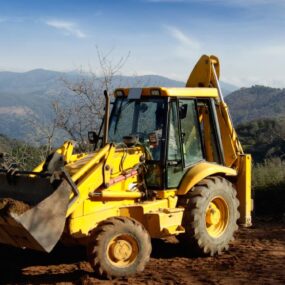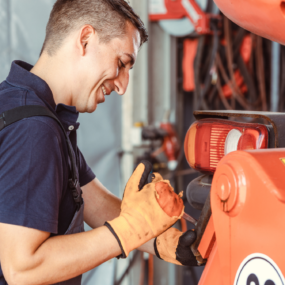Why Should You Always Keep the Site Clean?
Construction sites are typically littered with piles of rocks, mud, sands, blocks of cement, and a variety of other waste materials. It will appear to be a tremendous mess after several operations.
Despite the fact that there are many things to complete and a project schedule to adhere to, more essential tasks are prioritized. Cleaning is still a top priority. Every working site should take it seriously. A strewn-about site is not only a sight, but it can also have serious consequences.
The importance of cleanliness in all construction-associated sites, as well as the consequences if it is not maintained, will be discussed in this article.
The following are the most crucial reasons why keeping your sites clean is essential.
1. Cleaning up construction sites significantly increases workers’ safety.

Construction work is a dangerous job. Workers and all site personnel confront numerous hazards, including climbing at great heights, using heavy machinery tools, and being around dangerous compounds. A messy operation site would increase the risks your staff face. Some excess compounds and chemicals can cause infections to the workers too.
You can lessen the risk of workplace injuries by keeping the job site clean. For example, as debris and clutter accumulate on the job site, the likelihood of one of your staff being injured rises. If it is no longer required, remove it and place it somewhere it will not pose a risk. The safety of your employees should always be your primary focus.
2. It boosts productivity.
According to some research, a clean and tidy workplace reduces interruptions and disturbances, so it can help your employees focus on the task at hand. The environment in which workers work influences and impact them. The reality is, one of the reasons why employees are more productive is because they can work effectively and without distractions.
It’s difficult to work in a setting that’s littered with so much mess. Moreover, tools, pieces of equipment, and materials can become disoriented amid the chaos. With productive staff, your team may finish more in less time and complete your project on the expected date.
3. It promotes safety in your equipment.

It is not just about your employees, but also about your equipment. Unsanitary working conditions endanger and harm your machinery. This equipment has a life term, and if they are subjected to excessively dusty and messy environments, their productivity may be reduced.
For example, debris, if unnoticed, might cause user errors during the operation of the machine, playing a big role in the business’ profitability. Maintaining a clean working environment can lessen the likelihood of incurring unanticipated repair costs which are usually expensive depending on what equipment is damaged.
4. It is regulatory compliance.
Most states and countries have regulations about building sites’ cleanliness and maintenance. According to the law, form and scrap timber with protruding nails, as well as all other rubbish, must be kept clean during building, alteration, or repairs.
Companies, companies, and even small businesses must adhere to the standards and follow the protocols. A violation would make your business face a costly fine.
5. A clean and tidy work environment is an indication of competence.

A clean operating site is critical to the construction industry’s professional manner reputation. What you allow to define who you are. The general public’s primary resource for forming an implication of your company’s competency is the state of your work site.
It denotes high-quality workmanship and shows that you have things under control. Clients will be more invested in your business and will trust you more as a result, leading to a stronger business connection.
Conclusion
One of the primary issues of the construction sector should be the cleanliness and tidiness of building sites. A clean and tidy operation site with proper management in maintaining cleanliness and order will ensure the safety of both the working individuals on the site and the surrounding environment.
Above all, a clean construction environment is critical for all parties engaged in the project, including employers, employees, clients, and investors, because it has a significant impact on health, and contentment, and creates a healthy company image. When everyone is safe and healthy, production rises, and everyone benefits.







